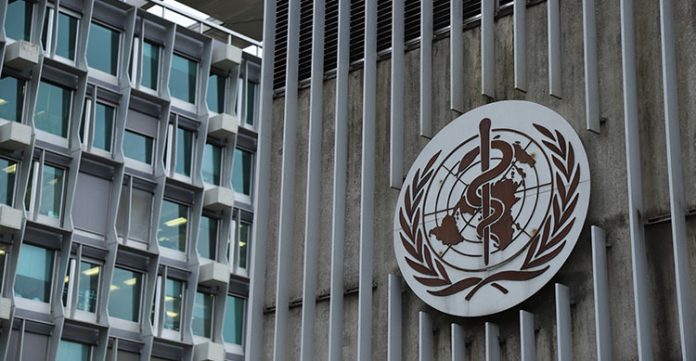World Health Organization (WHO) board on Friday firmly suggested baricitinib, a medication utilized for the treatment of rheumatoid joint pain, for patients with serious or basic Covid-19 in blend with corticosteroids.
The suggestion by WHO Guideline Development Group of worldwide experts, distributed in The BMJ, depends on proof that it further develops endurance and decreases the requirement for ventilation, with no noticed expansion in unfavorable impacts.
WHO Recommends Against Combination Of Drugs
The WHO experts noticed that baricitinib, a sort of medication known as a Janus kinase (JAK) inhibitor, has comparable impacts to other joint inflammation drugs called interleukin-6 (IL-6) inhibitors. The healthcare body exhorted not to utilize the two medications simultaneously, however, to pick one in view of cost, accessibility, and clinician experience.
ALSO READ: WHO says new drugs may aid fight against Covid in 2022
Further, the master board additionally instructed against the utilization regarding two other JAK inhibitors – – ruxolitinib and tofacitinib – – for patients with serious or basic Covid-19. While preliminaries have not shown any advantage, they have proposed a potential expansion in genuine aftereffects with tofacitinib.
The WHO likewise made a contingent suggestion for the utilization of the monoclonal counteracting agent sotrovimab in patients with non-extreme Covid-19, yet just in those at most elevated danger of hospitalization, reflecting minor advantages in those at lower hazard.
WHO Board’s Proposal Based On Data From 4000 Patients
A comparative proposal has been made by the worldwide wellbeing body for another monoclonal immunizer drug – – casirivimab-imdevimab.
The experts additionally noticed that information is inadequate to suggest one monoclonal counteracting agent treatment over another, while they recognize that their viability against new variations like Omicron is as yet dubious.
The WHO board’s proposals depend on new proof from seven preliminaries including over 4,000 patients with non-extreme, serious, and basic Covid-19 infection.
(This story has been sourced from a third-party syndicated feed, agencies. Raavi Media accepts no responsibility or liability for the dependability, trustworthiness, reliability, and data of the text. Raavi Media management/ythisnews.com reserves the sole right to alter, delete or remove (without notice) the content at its absolute discretion for any reason whatsoever.)


